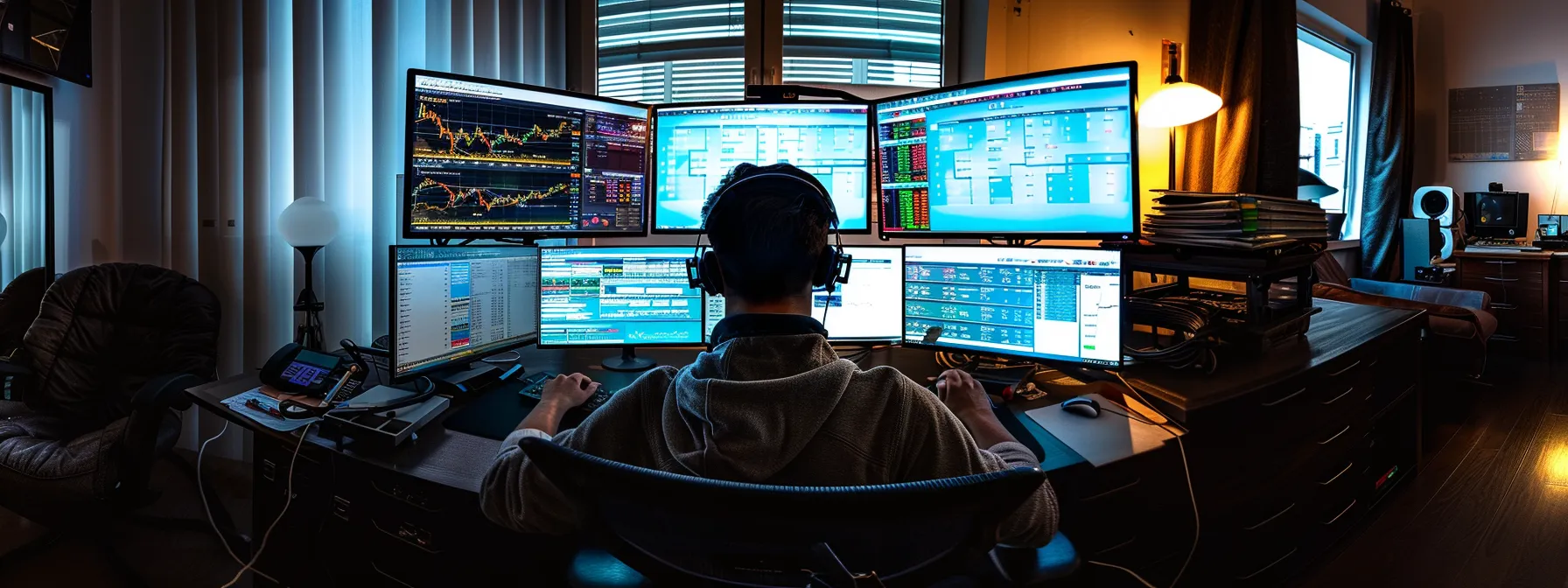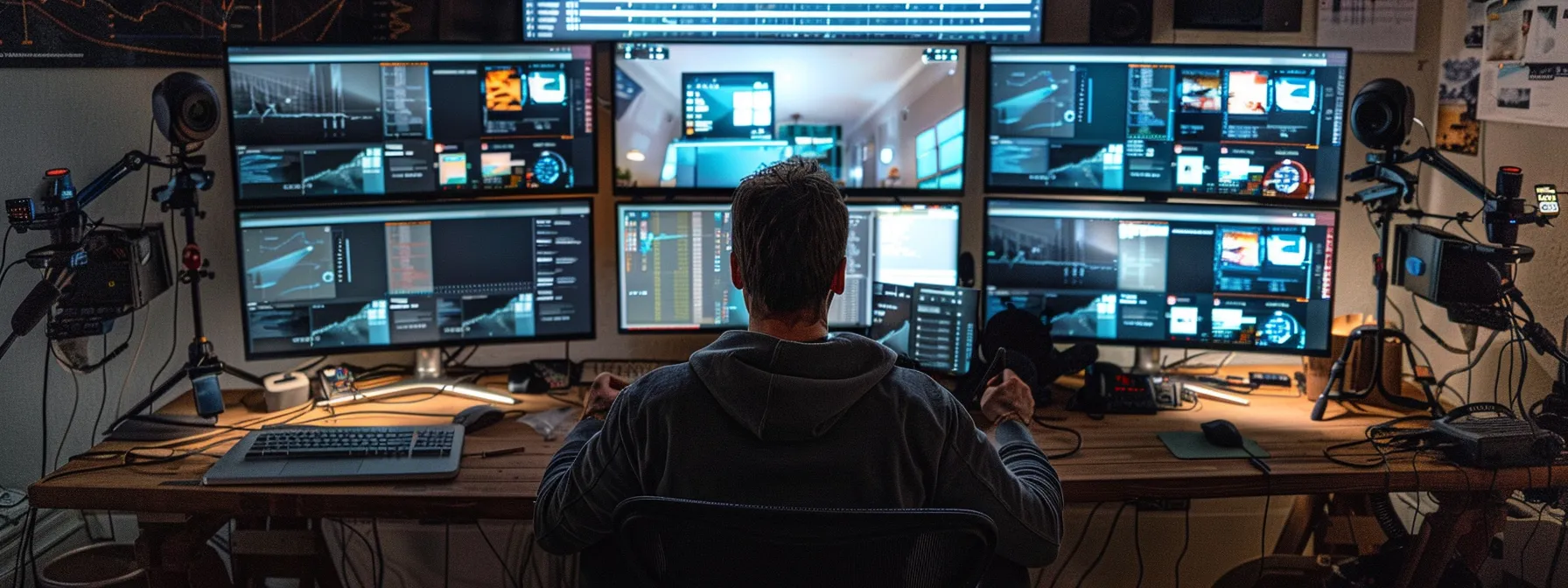Simulating Success: How Trading Simulators Improve Your Skills
The pathway to successful trading is often paved with the smart use of technology, where dedicated platforms offer a safe haven for the novice and seasoned traders alike to refine their strategies. Trading simulators are comprehensive tools, providing an immersive experience that mirrors the rigors of real-world trading without the financial risk. These platforms have become an indispensable part of the trader’s toolkit, enabling them to test theories, build confidence, and track performance meticulously. Below, we delve into the multifaceted advantages of using trading simulators to bolster your trading expertise.
Exploring the Benefits of Trading Simulators for Market Mastery

Trading simulators provide a risk-free environment for traders to experiment with strategies, understand market patterns, and familiarize themselves with various trading instruments. They offer valuable experience without jeopardizing capital and are cost-effective for beginners and experienced traders.
Simulators also aid in emotional and psychological training, helping traders manage emotions and make logical decisions in high-stress trading situations. By experiencing market volatility, traders can build psychological resilience for real trading scenarios. Simulators are useful for backtesting, allowing traders to analyze and adjust their strategies based on historical data. This helps identify profitable strategies and discard ineffective ones before putting a single dollar on the line.
The Role of Real-Time Market Data in Simulated Trading Environments
Simulators that use real-time market data are essential for creating an authentic trading experience. These simulators mirror the complexity of live markets, providing immediate feedback on trading decisions. Real-time data helps traders react swiftly to market movements, understanding liquidity and volatility. It also aids in developing technical analysis skills, as charts and graphs that update instantly illustrate real-time patterns and indicators.
This helps traders make predictions based on technical analysis. The integration of real-time data also enhances discipline, as it demands focus, quick thinking, and adherence to pre-set rules. Simulators that use up-to-the-minute data prepare traders for dynamic market demands better than any theoretical study could.
Strengthening Trading Decisions Through Practice and Analysis on Simulators
Simulators are a valuable tool in trading, as they provide a practice field for traders to sharpen their decision-making processes and develop good trading habits. By repeatedly applying trading strategies in a controlled environment, traders can make quicker, more accurate judgments and build a repository of knowledge for complex decisions.
Simulators also allow for the exploration of fundamental and technical analysis tools, allowing for more educated and confident decisions when real money is at stake. Simulators allow for detailed post-trade analysis, allowing traders to dissect their trade outcomes, refining strategies and learning from mistakes without financial consequences.
Comparing Performance: Simulator Trading Versus Real World Execution

Trading simulators are excellent for honing technical skills, but they have limitations. Simulated trading lacks real financial risks, which can create a false sense of security. Factors like slippage, transaction fees, and other costs in live trading often aren’t fully replicated, impacting actual profitability.
Emotional discipline plays a critical role in real trading. Fear and greed can heavily influence decisions when real money is involved, a challenge simulators can’t fully address. Still, starting with a trading simulator provides a solid foundation, helping traders build confidence and transition to live markets more effectively.
Leveraging Trading Simulators to Develop Risk Management Strategies
Successful trading relies heavily on effective risk management. Simulators offer a valuable platform for understanding and implementing risk management techniques. By simulating market conditions, traders can develop strategies that minimize losses while maximizing potential gains. Key components of risk management include setting stop-loss and take-profit orders, which can be practiced extensively on simulators.
Trading simulators also allow portfolio diversification strategies without actual financial exposure, allowing traders to experiment with different asset allocations and understand their interplay during market volatility. Disciplined capital management is crucial for a trader’s longevity in the market. Simulators provide a perfect learning environment for managing trade sizes, leveraging positions, and understanding their impact on overall capital health.
Altogether, the strategic use of trading simulators can be a game-changer for aspirant traders. By offering an authentic, risk-free space to practice and refine skills, individuals can build the necessary competencies for thoughtful, disciplined, and effective trading. While simulators serve as the dress rehearsal, the real test of a trader’s mettle comes when taking center stage in the live market. The insights and behaviors shaped within the secure confines of a simulated environment often prove to be invaluable stepping stones on the path to trading proficiency.

